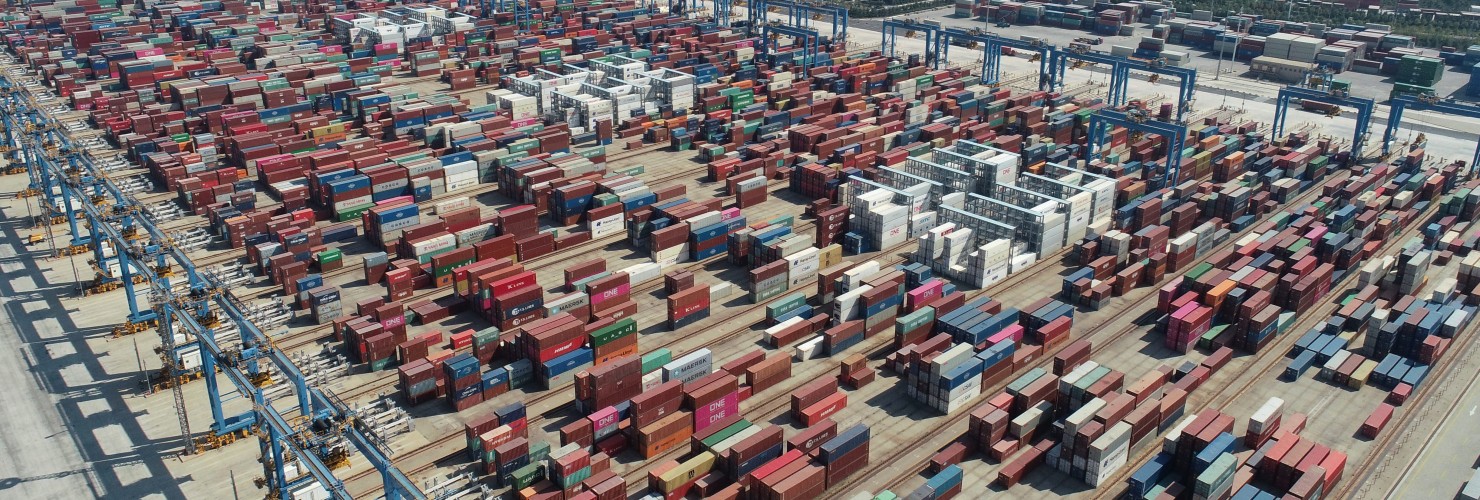

New export controls give China new weapon in tech war
The facts: China’s top legislative body on October 17 passed the country’s first unified export control law. The adoption by the National People’s Congress Standing Committee enables the government to control the export of items including dual-use goods as well as military and nuclear products to specific foreign entities. Other goods, technologies and services – and related data such as technical information – will also be subject to controls, unless they were granted by export licenses issued by the State Council and Central Military Commission. The law, which took three years to draft and will come into effect on December 1, could also have an effect beyond China: both domestic and foreign companies can face criminal penalties if they violate the new rules. Crucially, the law seems almost intentionally vague in talking about safeguarding China’s national security “and interests.” This could allow Beijing to retaliate against countries or companies it deems as having broadly violated its export controls.
MERICS analysis: While China’s new law does not target any specific country, it almost certainly represents an effort to fight back against the United States’ ever-expanding export control regime, which has become a major headache for Chinese companies ranging from Huawei to semiconductor maker SMIC. In late August, China’s Ministry of Commerce already adjusted its catalogue of technologies subject to export controls to include artificial intelligence, opening up the possibility for the Chinese government to intervene in the upcoming forced sale of TikTok’s operations in the US. In the future, the existing control list could be expanded even further to enable Beijing to have a more direct say in the ongoing US-China tech conflict.
What to watch: It remains to be seen how China will make use of this new export control powers. The law at the very least acts as a show of strength that signals China will no longer stand idly by while other countries restrict the sale of technologies to Chinese companies. At the very worst it will give the Chinese government new means to punish the US and other countries, leaving their businesses caught in the crosshairs. Export controls could become a new flashpoint in EU-China relations and significantly impact European companies with extensive manufacturing and research and development (R&D) operations in China.
MERICS Executive Director Mikko Huotari said: “This is likely to create substantial challenges for European companies: the US, China and EU are all ramping up their export control regimes which will raise compliance costs and require a much more careful navigation of this new strategic landscape.”
Media coverage and sources:
- Reuters: China passes export-control law following U.S. moves
- Bloomberg: China Lawmakers Pass Export Control Law Protecting Tech
- Nikkei: China passes export control law with potential for rare-earths ban
- FAZ: China beschränkt den Export von Hightech-Gütern
- Politico: Europe to crack down on surveillance software exports
- NPC: Full text of Export Control Law
- MOFCOM: Aug 28 amendment of MOFCOM’s export control technology catalogue
- Xinhua: Official commentary explaining that ByteDance may need a license to sell TikTok in the US